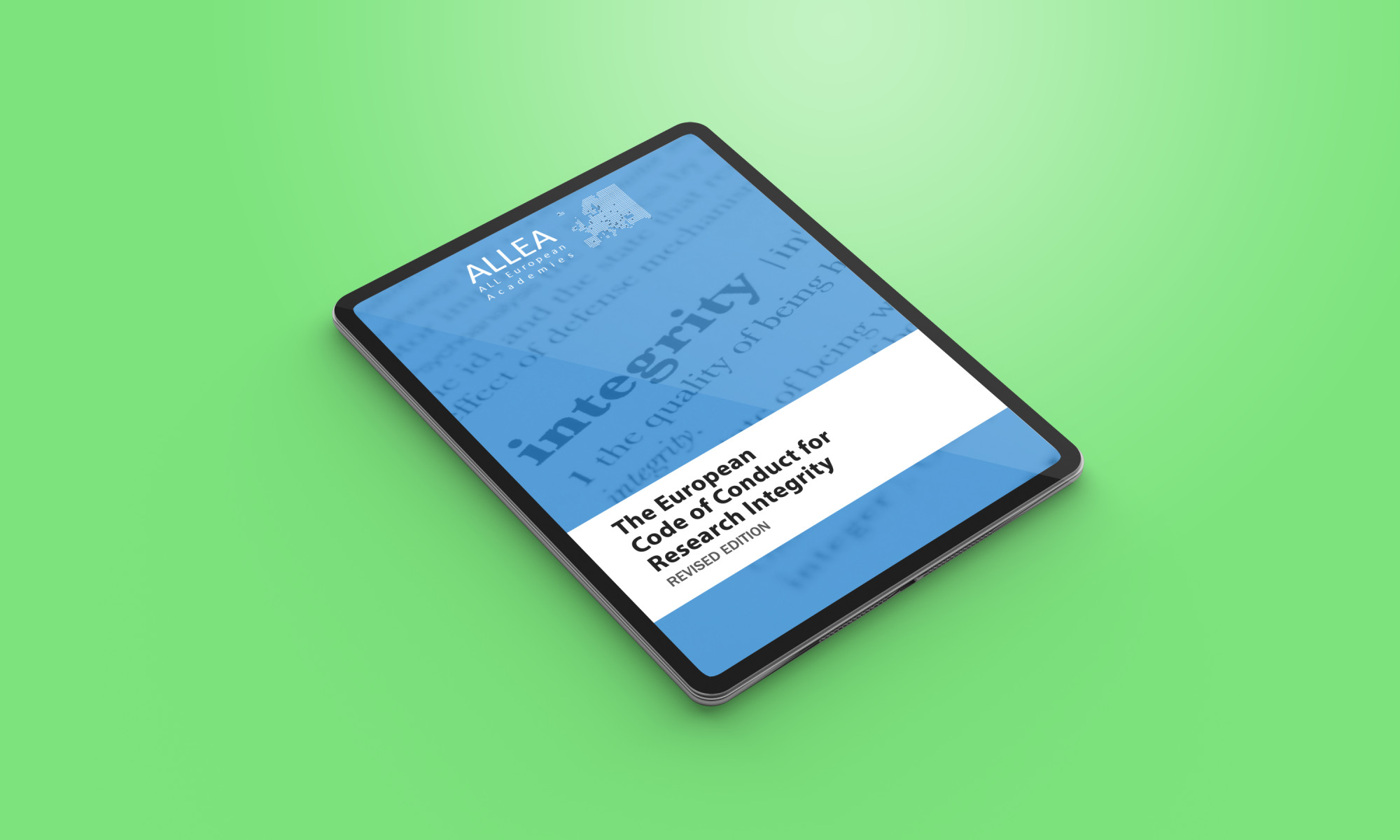
European Code of Conduct for Research Integrity (ECCRI) and its role in Horizon Europe
The need for a European Code of Conduct for Research Integrity
In its innovation strategies, the European Commission has always been insistent on the importance of values such as responsibility and excellence in all research activities that it funds. As research is a term that can encompass a variety of different goals, settings, and methodologies, the Commission insists on having intelligible all-encompassing guidelines that should be respected by all participants willing to engage in EU-funded projects. In this context, “the European Code of Conduct for Research Integrity serves the European research community as a framework for self-regulation across all scientific and scholarly disciplines and for all research settings”.
What is the European Code of Conduct for Research Integrity?
As the European Commission pushes towards a form of independent self-regulation in the field of research, documents such as the European Code of Conduct for Research Integrity have gained paramount importance in EU-funded research. It now is a reference document to all European researchers, regardless of their goals or scientific backgrounds.
The new Horizon Europe framework is keen to address a set of recent developments in the research field; that is why the document now encompasses ideas such as open science and data management. It also reflects on the growing impact of social media.
The 2017 version of the code was conceived and published by the ALLEA (European Federation of Academies of Sciences and Humanities), an organization that assembles researchers from 40 countries and aims to create adequate frameworks for cross-border collaboration in various research domains.
What are the ECCRI principles?
The European Code of Conduct for Research Integrity is structured around four main principles that should govern the way research is conducted in the EU. These principles are a sort of guidance for researchers that touch upon ethical and practical issues a researcher can be confronted with.
The four principles are:
- Reliability in ensuring the quality of research, reflected in the design, the methodology, the analysis, and the use of resources.
- Honesty in developing, undertaking, reviewing, reporting, and communicating research in a transparent, fair, full, and unbiased way.
- Respect for colleagues, research participants, society, ecosystems, cultural heritage, and the environment.
- Accountability for the research from idea to publication, for its management and organization, for training, supervision, and mentoring, and for its wider impacts.
The translation of the ECCRI’s principles into “good practices”
The code’s four principles can be identified throughout various good practices that researchers need to adhere to:
- Research Environment: The code focuses on collegiality as a condition of research outputs with sufficient quality and sees it as the first step towards ethically produced work.
- Training, Supervision, and Mentoring: The code gives importance to an adequate level of accompaniment for researchers.
- Research Procedures: These must be compatible with the standards of the discipline and the state-of-the-art.
- Safeguards: The code mentions the ethical and regulatory responsibilities that researchers need to comply with while conducting their work.
- Data Practices and Management: A great emphasis is done regarding data and its use. Here, the FAIR Principles are mentioned by the code as part of a push towards open-access data.
- Collaborative Working: As mentioned in the first good practice, the code calls for collegiality, which itself entails common responsibility and transparency between project partners.
- Publication and Dissemination: The code enumerates a set of ethical requirements in regard to publications; these need to stick to strict rules of transparency, intellectual property, and openness.
- Reviewing, Evaluating, and Editing: The code sets reviewing and evaluation as an inherent part of research activities. These activities need to comply with rules relating to conflicts of interest, intellectual property, and disclosure of documents.
The applicability of the ECCRI in EU-funded projects
The European Commission has given the ECCRI an important status in the conduct of projects under Horizon Europe. The code is seen as a mechanism to align research activities with various expectations of the Commission that range from ethics to exploitability.
As we have mentioned, the ECCRI has a large scope that surely coincides with the values we cultivate at Privanova. As we have rooted expertise in EU ethics requirements, data protection, and the methodologies of these. We find ourselves keen to integrate the ECCRI’s principles in our methodology and reference them in documents that we produce in relevant Work Packages.
Latest

Spreading Impact: Communication, Dissemination, Exploitation in the Safehorizon Project

Ethics Compliance in the Synapsing Project: Privanova Leading the Way

Energy Nexus Cluster: Uniting Innovators to Shape the Future of the Energy Sector

Interagency Collaboration: Best Practices from the LEA Projects Cluster

Synapsing Project Launches: Advancing Diagnosis & Treatment of Psychiatric and Neurodegenerative Diseases
